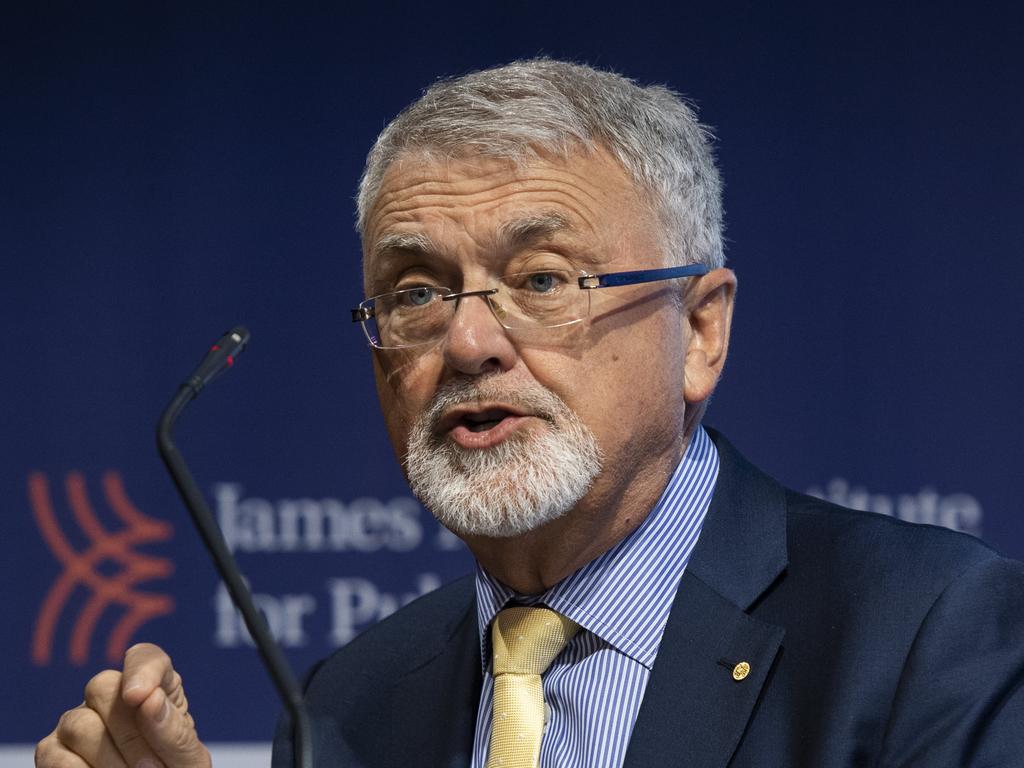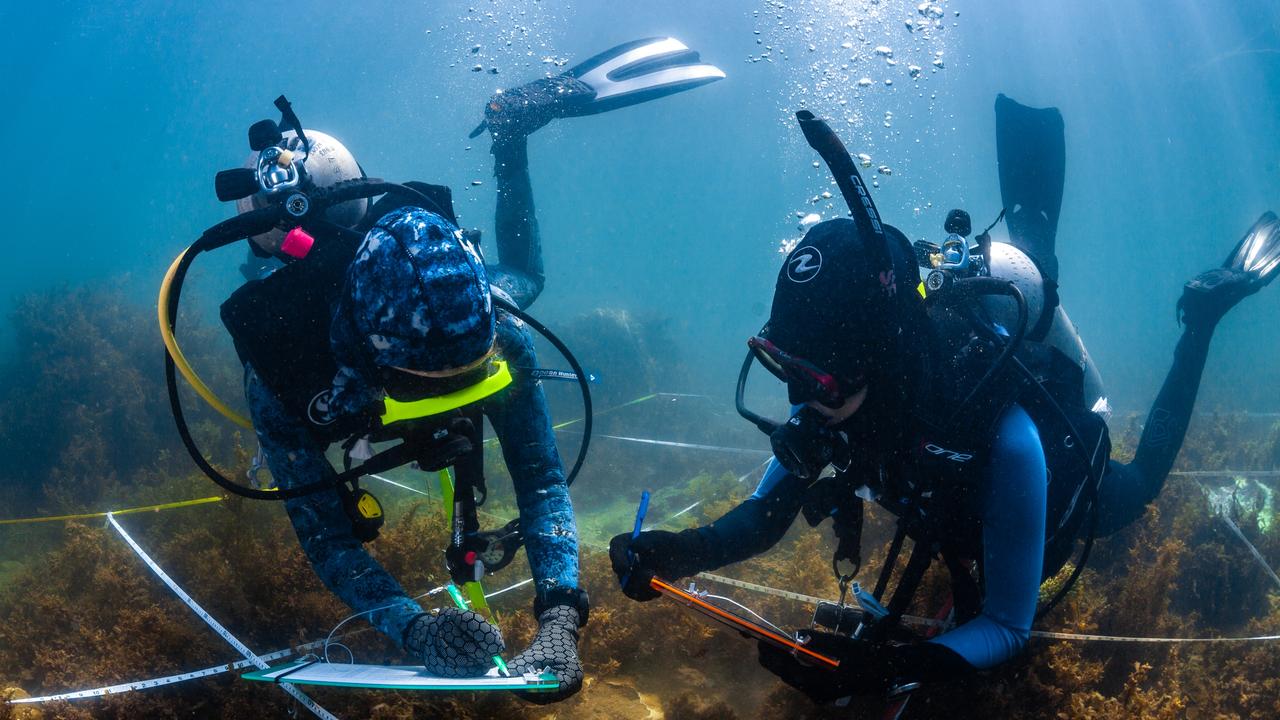
If the Coalition wins the federal election the next education minister will have final say on where Australian Research Council money goes. Seem strange that this is actually an issue? Not to academics who argued hard for the present system where a committee of researchers gives out grants. (The minister has a veto in national security cases.)
The Coalition is not having a bar of this. Last week opposition education spokeswoman Sarah Henderson told universities a Coalition government would reinstate ministerial discretion on ARC grants “because under our Westminster system of government the buck stops with the government of the day, not an unelected board”.
It used to be thus, until research lobbies convinced Education Minister Jason Clare that ministerial approval made the ARC “a political plaything”. Just not one with many hours of fun – this is not as big a deal as made out.
Coalition ministers vetoed well under 50 grants this century, out of hundreds awarded annually. And those they canned were politically easy targets, mainly in the humanities. Most recently Stuart Robert as acting education minister nixed six in 2021, including $94,000 for research on religion in science fiction novels. “Funds that can be more usefully spent providing medical services to children with diabetes or indeed research into much more practical applications”, as Liberal National Party senator Amanda Stoker said in Senate estimates at the time.

But for culture-warring conservatives, cancelling grants that do not pass the pub test (unless the watering hole is called the Philosophers Arms) generally provided easy points to score.
What is surprising is how the ARC is generally left alone. Back in 2018, when the Coalition was in power, Randa Abdel-Fattah (yes the one now being investigated for allegedly breaching grant conditions) was awarded $300,000. The purpose was to “explore issues of trust relations, political consciousness and fears among Muslim and non-Muslim youth in Australia” since 9/11.
So far the humanities and social sciences lobbies have not responded to Henderson. Maybe they don’t rate her chances at the election – they will if she wins – invoking the Haldane principle that research agencies rather than ministers should decide where money goes, at least in funding specific projects and making the case for scholarship for its own sake.
Which is where we are, sort of, now. Although Clare is not vetoing grants, he has kept the national interest test that requires researchers to explain what the taxpayer gets out of funding. Some of the humanities ones are a stretch; a 2021 grant on Roman history stated it “has the potential to stimulate contemporary debate about political leadership”. But when research is subordinate to industry policy, there is nil chance of a minister handing over serious big project money to independent advisers, no questions asked.
Arguing over humanities research independence is a classic case of a big blue over not much money. There were about 100 humanities and social science grants in 2024 in the ARC’s Discovery Program, 30 per cent of the total, receiving $36m out of $220m. (HASS research is cheap, not needing a bunch of kit.) But while this is big money for HASS, it is less small than insignificant compared with the expected $14.4bn all-of-government research and development spend this financial year.
Research rates for funding always have been high in disciplines that drive the economy – agriculture, engineering and mining. Plus medicine – a peak medical science lobby is named Research Australia, as if its members do everything that matters. The government certainly funds them accordingly. The National Health and Medical Research Council awarded $1bn in grants last year. The Medical Research Future Fund supports research with commercial potential from earnings on its $22bn government endowment.
And this is where the big issue in research funding policy comes up – whether scientists should be paid to potter about the lab, pursuing theories that could change the world. It’s called blue-sky research for a reason.
The alternative is science with a specific market in mind. Henderson says Labor is not focused on commercialising science “in the national interest”, which she wants to fix.
But federal Industry and Science Minister Ed Husic appears deadset obsessed on funding Australian scientific research that will lead to products and services. The previous Coalition government created a system for universities to do just that, a plan Labor backed in opposition and has continued in government.
The science establishment does not like the emphasis on dividends. “Basic research is a long-term investment and benefit because it does not aim to deliver immediate financial return, and practical and commercial applications follow much later,” the Group of Eight elite university lobby argues.
Science groups are not complaining as much as they used to or demanding as loudly that government should hand over the cash and see what, if anything, makes it to market in 10 or 20 years. There is too much money for applied research sloshing around to look a gift Husic in the mouth.
At least they are in the money – which is more than the humanities, where distaste for capitalism is such that their organisations generally can’t or won’t make a case for how their work can actually contribute a financial benefit for taxpayers.
The ARC gets this; it plans to redesign its funding programs and intends to make the case that the humanities contribute “to Australian knowledge and self-understanding, enhancing reflection on our national identity and our place in the world”.
And social sciences is “crucial for good public policy, contributing to the work of Australian parliaments and governments at the local, state and federal levels”.
No harm in trying to help, except it will not be welcomed by antediluvian academics who want to research what they want to and object to government setting priorities. Unwelcome or not, it is what will keep happening – whoever is minister after the election.
The stark fact is that university research is part of industry policy and the serious money will go to scientists with something to sell.







The next federal government will kick cash into research. Not all academics will be in the money.